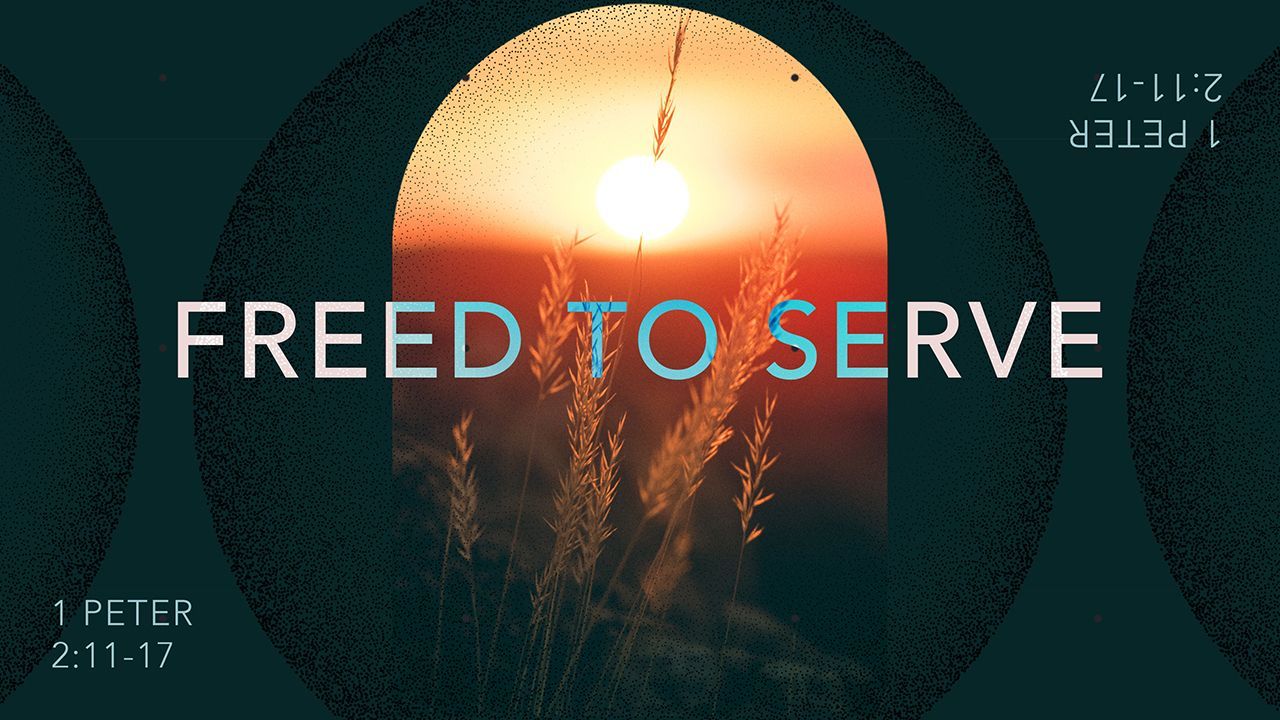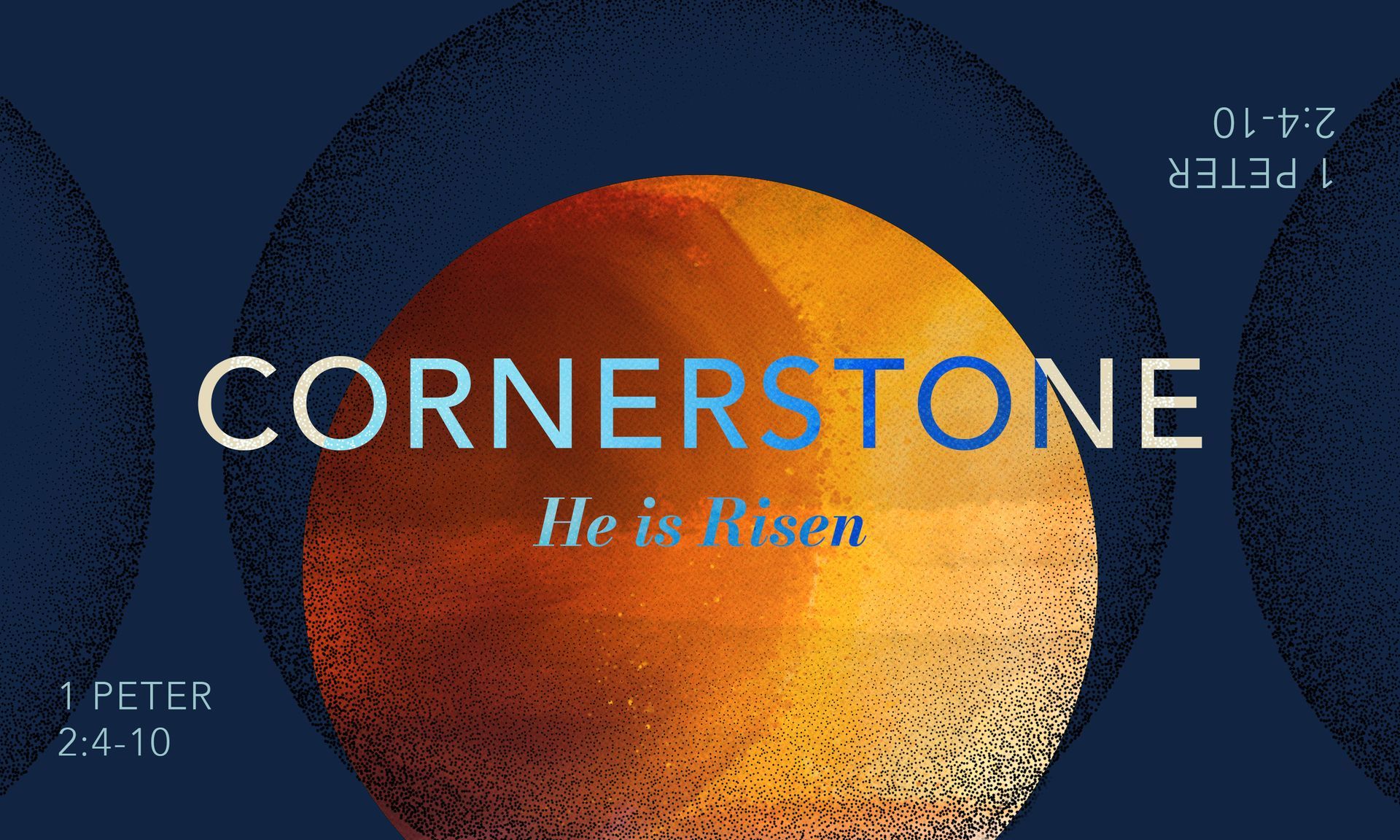The Great Shepherd King
Notes from Pastor Lance Shumake's message on Zechariah 10 and 11:
It’s hard to overstate the importance of leadership. Everything rises and falls based on it.
Under good leadership, people thrive. Under bad, people suffer.
No matter if you’re talking about a country, a workplace, a war, or a family – the success of that group is largely determined by the leader. That person is the one who others look to for guidance, counsel, and protection.
In the Bible, a story told over and over again is how God would raise up a good king who would lead his people to worship the Lord, make sacrifices, and obey His commandments. Under such leadership, the people would flourish! And then… the next king would rise to power and be someone who would lead the people away from God. As a result, the people would suffer. (...see the book of Judges for an in-depth look at this.)
Our sermon text this week (Zechariah 10 and 11) covers part of an oracle that God is speaking through Zechariah to His people. In Zechariah 9, Zechariah’s prophecy revealed that a new King would be coming. In chapters 10 and 11, a theme of leadership develops.
Through the text, we learn that when there is bad leadership among God’s people, consequences are played out among them.
Consequences of bad leadership…
- People don’t worship God (10v1)
- People don’t listen to God (10v2a)
- People are exploited and oppressed (10v2b)
- People are scattered and lost (10v2b)
God’s response to bad leadership is that He will send the ultimate Shepherd King to lead us.
The oracle continues in Chapter 11 with God telling Zechariah to act out a parable for the people. So Zechariah does as God says and acts out the role of a good shepherd, leading his people away from their destruction. In his hands are two staffs, one named Favor and the other Union. Favor is the blessing of God on His people; Union is the unity He brings with other people.
When Zechariah sees that the people are not listening and are continuing to walk toward their slaughter, He breaks the staff of Favor. This represents God breaking His covenant with His people because they’ve separated themselves from God and turned their backs on Him.
And then he breaks the staff of Union. When our relationships with God aren’t in alignment, neither are our relationships with other people.
When he sees the people still aren’t listening, Zechariah walks away frustrated. This action shows us that sometimes God lets us go our own way (even in the path of destruction) because God knows that the idols of our hearts will never satisfy.
Romans 1:24–25, “Therefore God gave them up in the lusts of their hearts to impurity, to the dishonoring of their bodies among themselves, because they exchanged the truth about God for a lie and worshiped and served the creature rather than the Creator, who is blessed forever! Amen.”
In contrast to the bad leaders, Zechariah gives us a glimpse of what the promised Good Shepherd will be like in verses 10:6-12.
His sheep will be…
—strengthened
—saved (we needed a Savior more than we needed a guide)
—restored (only because of His compassion and love, neither of which we deserve)
—made joyful
—redeemed (with the precious blood of Jesus)
—brought back
—gathered
—strengthened (repeated for emphasis)
In this, Jesus leaves no doubt. He tells us, “I am the good shepherd. The good shepherd lays down his life for the sheep. He who is a hired hand and not a shepherd, who does not own the sheep, sees the wolf coming and leaves the sheep and flees, and the wolf snatches them and scatters them. He flees because he is a hired hand and cares nothing for the sheep. I am the good shepherd. I know my own and my own know me, just as the Father knows me and I know the Father; and I lay down my life for the sheep. And I have other sheep that are not of this fold. I must bring them also, and they will listen to my voice. So there will be one flock, one shepherd." - John 10:11–16
Jesus also says,
“My sheep hear my voice, and I know them, and they follow me. I give them eternal life, and they will never perish, and no one will snatch them out of my hand.” - John 10:27–28
When we consider how to lead this side of heaven, we must look to our Good Shepherd on how to lead well.
“And Jesus called them to him and said to them, “You know that those who are considered rulers of the Gentiles lord it over them, and their great ones exercise authority over them. But it shall not be so among you. But whoever would be great among you must be your servant, and whoever would be first among you must be slave of all. For even the Son of Man came not to be served but to serve, and to give his life as a ransom for many.” - Mark 10:42–45





